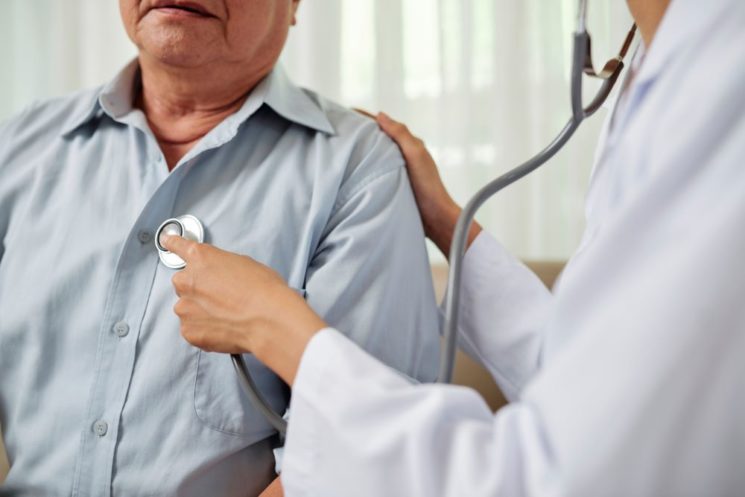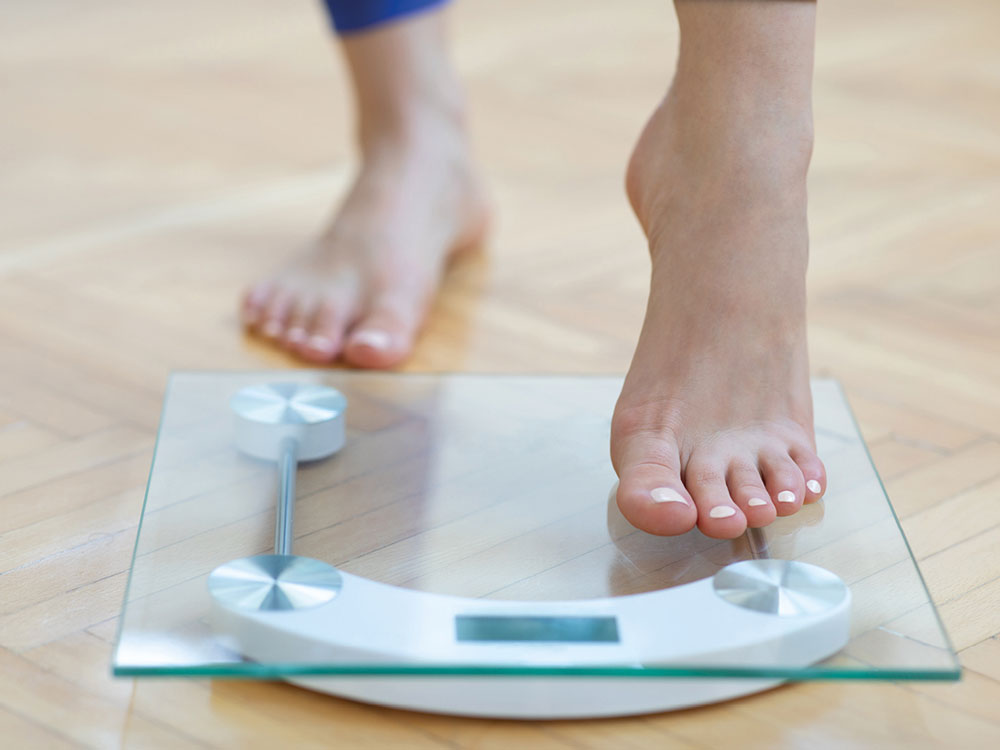People often confuse the terms ‘heart attack’ and ‘cardiac arrest’, but they aren’t the same condition. However, both conditions are a medical emergency – if you think someone is having a heart attack or cardiac arrest, you should dial 999 immediately. Read more about the difference between cardiac arrest and a heart attack in this blog.
What is a heart attack?
A heart attack occurs when the supply of blood to the heart becomes blocked – usually by a blood clot.
Clots often occur as a result of coronary heart disease (CHD). CHD is when the coronary arteries (major blood vessels of the heart) become congested with fatty deposits called plaque. Occasionally, the plaque can rupture, and a blood clot forms in an attempt to repair the damaged artery wall. This blood clot may block blow flood to the heart, resulting in a heart attack.
While there are other causes of heart attacks, most heart attacks can be attributed to CHD. Your risk of developing CHD – and a heart attack – can be greatly reduced by following a healthy lifestyle.
Symptoms of a heart attack
If someone is having a heart attack, they may experience the following symptoms:
- sudden chest pain or discomfort that won’t go away
- pain, tightness, or a burning sensation that spreads to the arms, neck, jaw, back, or stomach
- feeling nauseous, sweaty, or lightheaded
- shortness of breath
- sudden anxiety or a sense of impending doom
- coughing or wheezing
A heart attack is a medical emergency. If you, or someone else, is experiencing any of the above symptoms, it is important that you call 999 without delay.
What is cardiac arrest?
Cardiac arrest is when your heart suddenly stops beating. Because blood is no longer being pumped around the body, a person will quickly lose consciousness and die if not treated immediately.
There are three main causes of cardiac arrest: coronary heart disease, arrhythmia, and cardiomyopathy (an enlarged heart).
Arrhythmia means that you have an irregular heartbeat, whether it’s too fast, too slow, or the beats are uneven. A specific type of arrhythmia that often causes cardiac arrest is called ventricular fibrillation. Ventricular fibrillation is when the lower chambers of the heart (the ventricles) quiver instead of contracting (beating) as usual, meaning that the heart is unable to pump blood.
Cardiomyopathy is a term used to describe heart muscle disease, where the wall of heart becomes stretched, thickened, or stiff. This makes it harder for the heart to pump blood around the body.
Symptoms of cardiac arrest
If someone is experiencing cardiac arrest, they will be unconscious and unresponsive.
Some people may experience warning signs prior to cardiac arrest, such as:
- chest pain
- heart palpitations
- feeling nauseous, faint, or dizzy
- shortness of breath
If someone is experiencing the above symptoms, or is already unconscious, you must call 999 immediately.
Cardiopulmonary resuscitation (CPR) can help increase blood flow around a person's body until emergency services arrive. Once emergency services have arrived, they will use a defibrillator to help re-start the heart.
How can I keep my heart healthy?
The best way to keep your heart healthy – and avoid cardiac arrest or heart attacks – is to live a healthy lifestyle.
- Regular exercise: Like any other muscle, the heart benefits from regular exercise, which allows it to pump blood more efficiently. Regular exercise also lowers cholesterol and blood pressure and helps maintain a normal weight.
- A balanced diet: The NHS recommends following a low-fat, high-fibre diet for heart health. This means lowering your consumption of saturated fats, found in items such as cakes, biscuits, butter, and fatty meats. However, unsaturated fats are healthy in reasonable amounts, such as oily fish, avocados, nuts, and seeds. Explore healthy recipes from our dietitians on the blog.
- No smoking: Avoiding, or quitting, smoking lowers your risk of developing coronary heart disease and atherosclerosis, both of which can contribute towards heart problems.
- Reduce alcohol consumption: You should avoid consuming more than 14 units of alcohol per week (the maximum recommended limit).
- Keep other health conditions under control: You are more likely to develop coronary heart disease if you have diabetes or high blood pressure – so it’s important to ensure that you’re keeping these conditions under control. This can be achieved by following a healthy, balanced lifestyle and taking any necessary medications.
About the consultant
Mr Aziz Momin is an award-winning consultant cardiac surgeon, based at Cromwell Hospital and at St George's University Hospitals NHS Trust. He completed his surgical training in cardiothoracic surgery at St Bartholomew's, London Chest, Royal Brompton, Manchester Royal Infirmary, and Harefield Hospitals.
Mr Momin co-founded the London Core Review Course in Cardiothoracic Surgery, a four-day course which aims to improve knowledge and training among cardiothoracic trainees and surgeons in the UK. He is the author of over 50 peer-reviewed articles, international presentations, and published abstracts, and is on the regular review board of The Journal of Cardiovascular Surgery and Perfusion.



